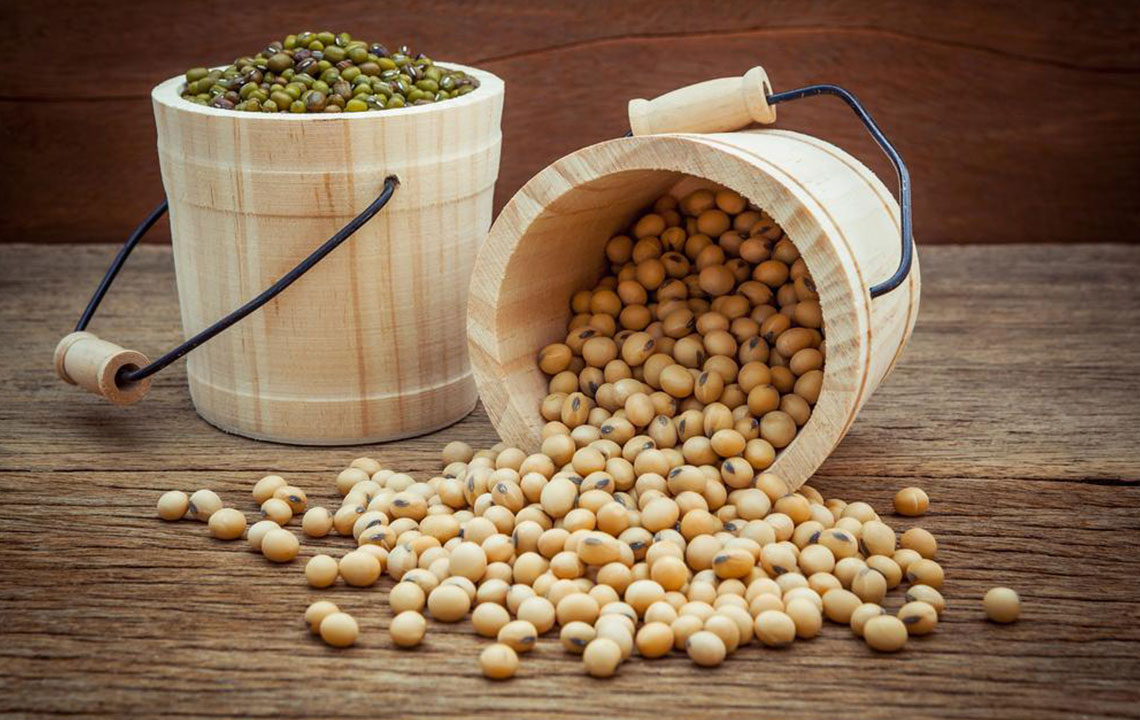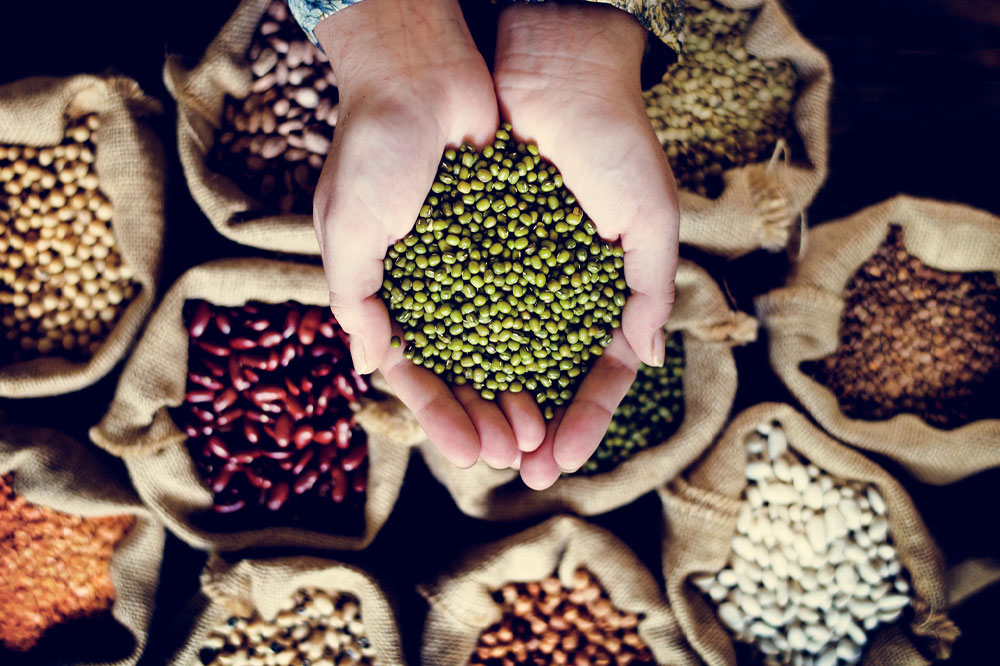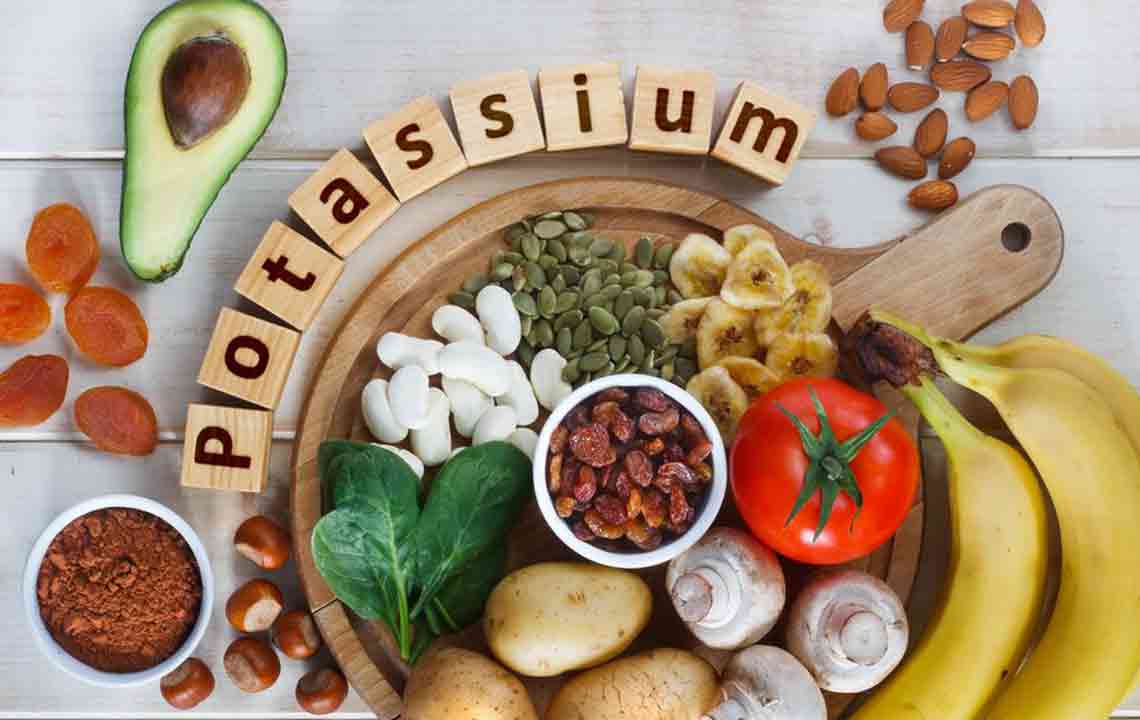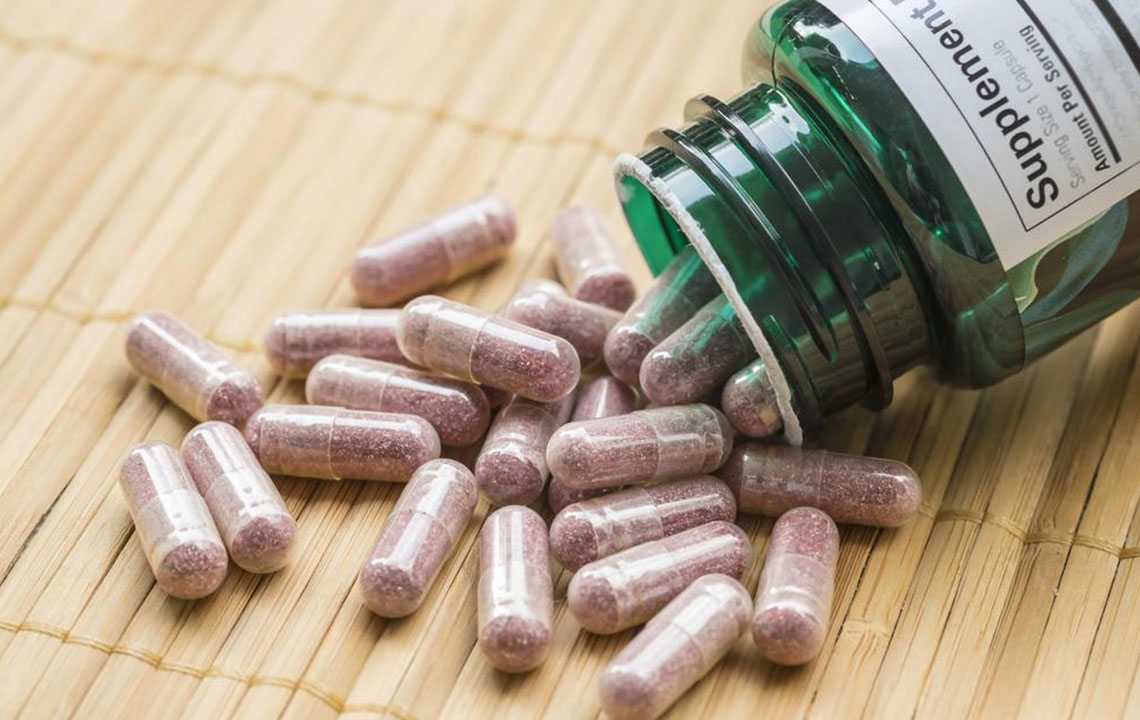The Ultimate Guide to Potassium: Its Vital Role, Deficiency Risks, and Dietary Sources
This comprehensive guide explores the vital role of potassium in maintaining health, risks of deficiency, and the best dietary sources. Learn how to manage your potassium intake effectively through nutritious foods like fruits, vegetables, nuts, and seafood to support heart, muscular, and bone health. Discover the importance of balanced potassium levels for overall well-being and how to prevent deficiencies with practical dietary tips.

Understanding the Critical Importance of Potassium for Your Overall Health
Potassium is an essential mineral that plays a central role in maintaining various bodily functions. It is the third most abundant mineral found inside your cells, and maintaining the right balance of this mineral is crucial for your health. Both a deficiency and excess of potassium can lead to serious health issues, so understanding how to monitor and manage your potassium intake is vital. This comprehensive guide explores the vital functions of potassium, the risks associated with imbalance, optimal daily intake levels, and the best dietary sources to keep your potassium levels in check.
Why Is Adequate Potassium Intake Important for Your Body?
Potassium supports a wide range of vital processes in your body, including nerve transmission, muscle function, and maintaining healthy heart rhythm. Its benefits are extensive and crucial for overall well-being:
Facilitates the proper functioning of nerves, kidneys, and the brain, enabling efficient signal transmission and organ function.
Helps regulate heartbeat, ensuring consistent and healthy heart rhythms, which is essential for cardiovascular health.
Maintains the balance of fluids and electrolytes across cell membranes, supporting hydration and cellular function.
Works alongside sodium to support cell activities, including nutrient transport and waste elimination.
Contributes to lowering blood pressure, thereby reducing the risk of hypertension and related cardiovascular diseases.
Acts as a protective factor against strokes and other heart-related complications.
Supports bone strength and density, reducing the risk of osteoporosis over time.
Reduces the likelihood of muscle cramps, soreness, and fatigue after physical exertion.
Assists in carbohydrate metabolism, which helps sustain energy levels.
Plays a critical role in protein synthesis and muscle development, supporting growth and tissue repair.
Consequences of Potassium Deficiency
Inadequate potassium levels can have serious health implications, affecting multiple systems and leading to symptoms like fatigue, irregular heartbeats, and more. Common signs and health risks associated with potassium deficiency include:
Persistent fatigue and generalized weakness that impair daily activities
Digestive issues such as bloating, constipation, or irregular bowel movements
Mood disturbances, irritability, or feelings of depression
Muscle stiffness, cramps, and soreness, especially after exercise or physical strain
Unexplained weight gain or fluid retention due to electrolyte imbalance
Blood pressure fluctuations, which may increase the risk of hypertension
Irregular or abnormal heart rhythms, potentially leading to serious cardiac issues
Frequent illnesses owing to weakened immune responses
Abdominal swelling or discomfort
Low mood, depression, and mental fatigue
Rheumatic discomfort or joint pain
Understanding these risks emphasizes the importance of maintaining proper potassium levels through diet and lifestyle choices.
Recommended Daily Intake of Potassium
To support overall health, adult men and women should aim for a daily potassium intake of approximately 4,700 milligrams. This target helps ensure your body functions optimally and reduces the risk of deficiency-related health issues.
Top Foods Rich in Potassium for a Healthy Diet
Incorporating a diverse range of potassium-rich foods into your daily meals can help you reach the recommended intake effortlessly. Below are some of the best dietary sources, along with their approximate potassium content per 100 grams:
Fruits & Vegetables
Bananas – 350 mg
Prunes – 720 mg
Raisins – 860 mg
Sweet potatoes – 670 mg
Watermelon – 60 mg
Chickpeas – 400 mg
Beetroot – 350 mg
Mushrooms – 470 mg
Carrots – 220 mg
Pineapple – 250 mg
Plums – 260 mg
Grapes – 270 mg
Strawberries & Lemon – 160 mg
Cauliflower – 350 mg
Bamboo shoots – 530 mg
Dairy and Nuts
Almonds – 860 mg
Hazelnuts & Roasted Cashews – 500 mg
Coconut – 750 mg
Skimmed Milk – 150 mg
Low-fat Cottage Cheese – 50 mg
Pistachios – 970 mg
Walnuts – 690 mg
Seafood Options
Sardines – 350 mg
Crab & Oysters – 270 mg
Steamed Scallops – 480 mg
Cereal and Bakery Items
Wheat Bran – 1160 mg
Crispbread – 500 mg
Chocolate Biscuits – 230 mg
Fruit Cake – 390 mg
Chapatti – 160 mg
Brown Bread – 200 mg
Meat and Processed Food
Steak – 470 mg
Bacon & Boiled Chicken – 300 mg
Beef Burger – 340 mg
Chicken Livers – 290 mg
Lamb Chops – 250 mg
Lamb (boiled) – 190 mg
Hamburger – 190 mg
Adopting a diet that emphasizes these healthy, high-potassium foods can significantly improve your health by supporting cardiovascular, muscular, and skeletal systems. Regularly consuming a variety of fruits, vegetables, nuts, seafood, and whole grains not only helps you meet your daily potassium requirements but also enhances your overall nutritional profile.
It’s important to note that some foods or beverages may contain hidden levels of potassium. Certain dietary supplements, sports drinks, and processed foods can contribute to your potassium intake, especially after intense physical activity or workouts. Always consult with your healthcare provider if you have underlying kidney conditions or are on medication that influences potassium levels to avoid potential complications.





